
When Attachment Styles Clash: Building Bridges in Intimacy
Our intimate relationships can be a place where your deepest insecurities and relational patterns emerge. Attachment styles—your subconscious blueprint for navigating intimacy—play a significant role in how you connect with others. When attachment styles clash between partners, the result can be a dance of misunderstandings, emotional triggers, and unmet needs.

You’re in Therapy… Maybe Your Child Needs It Too
Therapy isn’t just for adults. It’s a space for growth, healing, and breaking patterns—often ones you didn’t even realize were there. That’s a powerful journey. But what about your child? The one watching, absorbing, and moving through a world that doesn’t always make space for their emotions? It’s worth asking: Do they need therapy too?

The Hidden Costs of Chasing Perfection in Love
We see them.
The flawless Instagram relationships with fairy-tale endings of curated proposals and choreographed dances at weddings. Our IG/TikTok feeds are constantly flooded with images of couple goals, perfectly timed vacations, effortless communication, and partners who seem to meet every emotional need without fail.
But is this reality?
No. I’m not a hater but I’ve seen how the neverending pursuit of a perfect love story can often leave many clients feeling disillusioned, disconnected, and unfulfilled in the relationships that they do have.
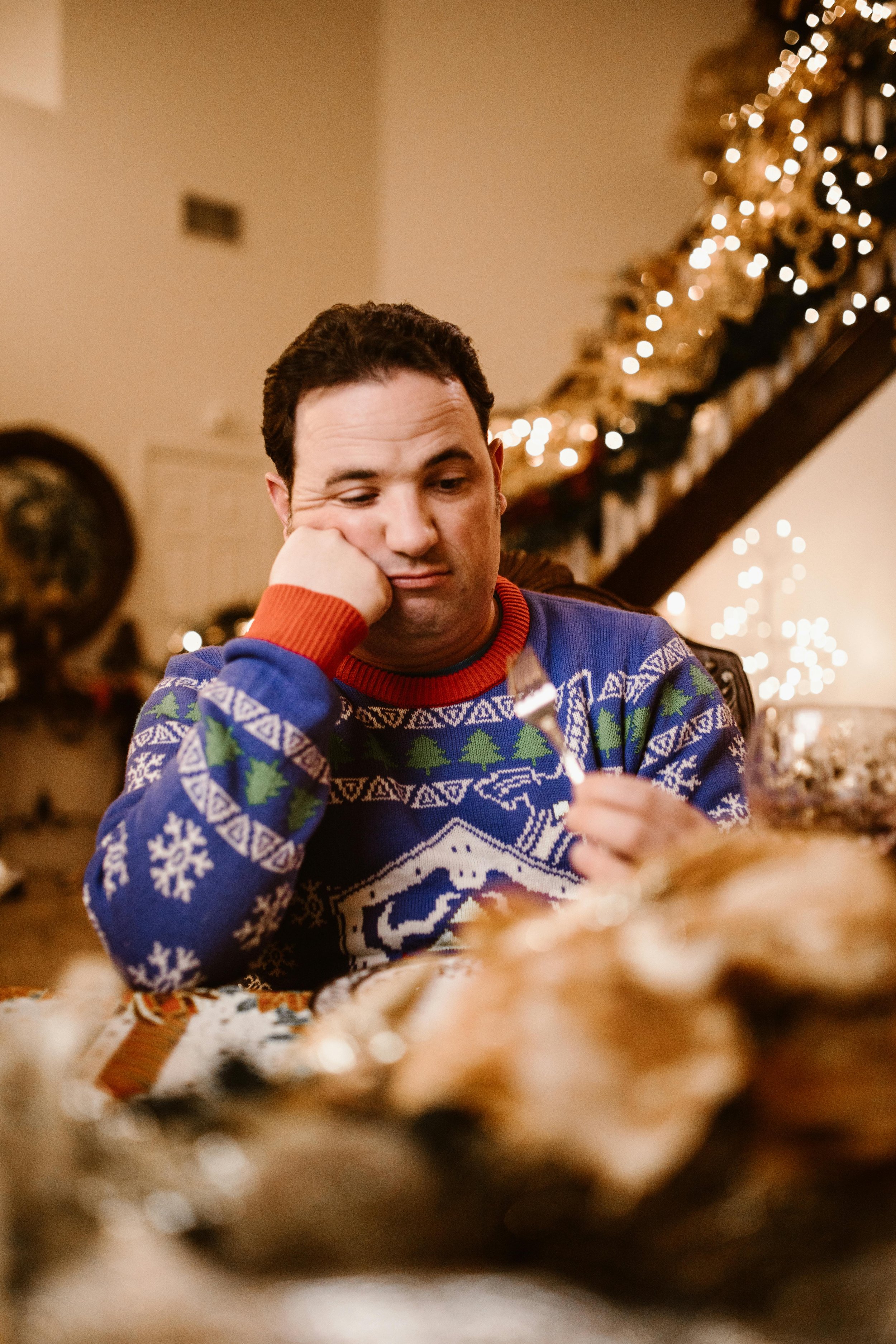
Understanding Seasonal Affective Disorder (SAD) and the Holiday Season
As the days grow shorter, many people may feel an inexplicable shift in their mood. While some of this can largely be attributed to changes in daylight, for others, it signals the onset of Seasonal Affective Disorder (SAD). SAD is more than just feeling "the end of summer/ winter blues." It’s a legitimate form of depression that can impact your daily life. As we enter the holiday season—a time often depicted as joyful and celebratory—SAD can feel even more overwhelming. It’s really important that you understand this condition, along with why it happens and how it’s influenced by more than just the weather.
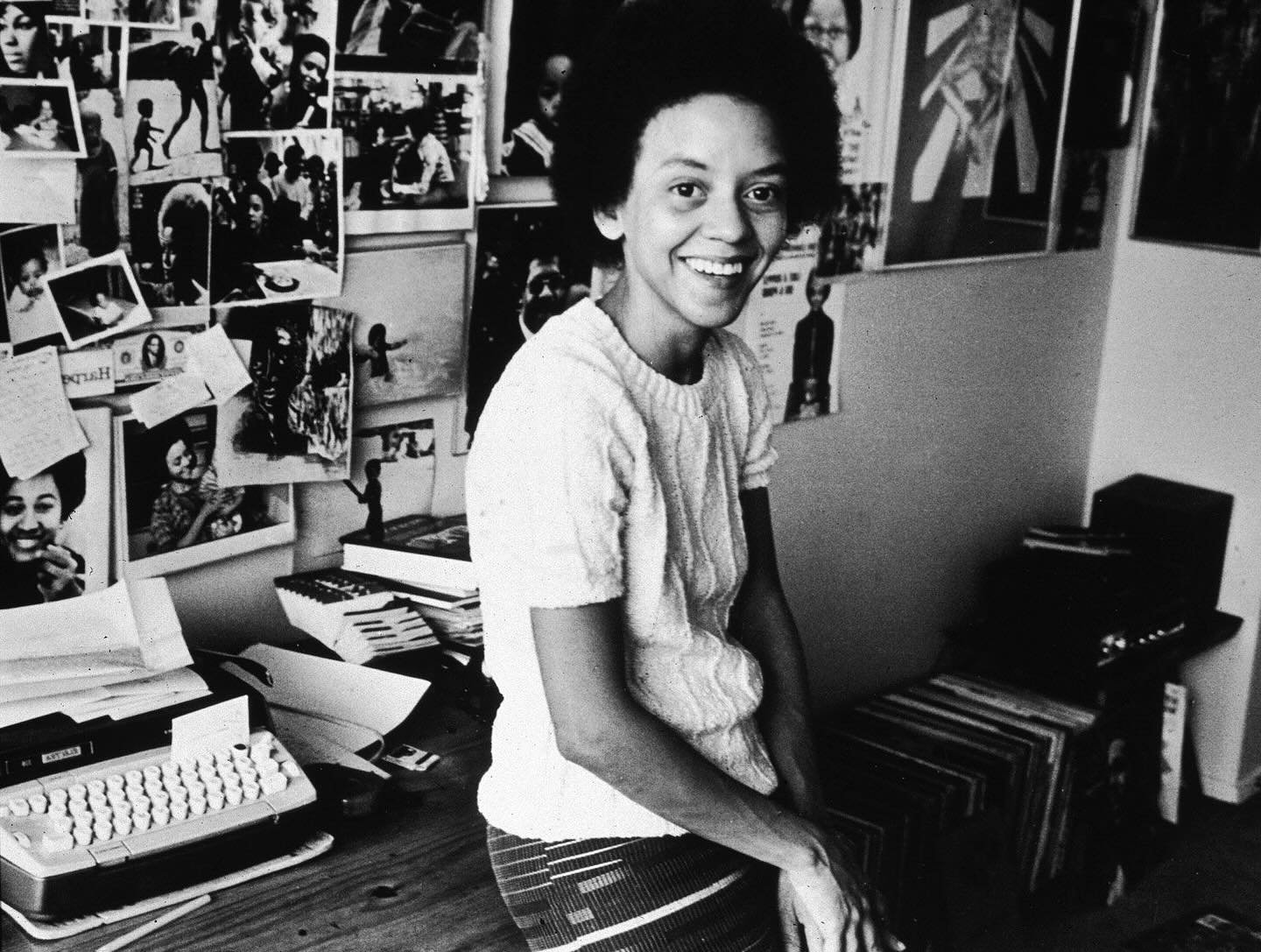
Honoring Nikki Giovanni’s Legacy of Growth and Humanity
Nikki Giovanni, a poet whose words and presence moved mountains. Born Yolande Cornelia Giovanni Jr. in 1943, she became a leading voice in Black Arts and Black Power movements. Her poems like Ego-Tripping and Knoxville, Tennessee captured the richness of Black life and imagination, blending sharp societal critique with deep personal insight. Giovanni’s book Love Poems won the NAACP Image Award, and her collection The Selected Poems of Nikki Giovanni is a testament to her range and brilliance. She wrote about love, justice, and everything in between with an honesty that resonates across generations. Nikki was also unapologetically queer, an aspect of her identity that enriched her work and underscored her courage to live authentically.

Why History Told Accurately Matters
Christopher Columbus, once regarded as a towering symbol of American heroism, is now widely recognized as a far more complicated and problematic figure. For generations, he was celebrated in the United States as the brave explorer who "discovered" America, his story woven into the fabric of national identity. However, this narrative conveniently set aside the brutal realities of colonization, disease, and devastation that followed his arrival. As more people confront the historical truths surrounding Columbus’s legacy, an important shift has begun to take place. Many are now rejecting the myths and choosing to honor Indigenous Peoples’ Day instead of Columbus Day, acknowledging the ongoing harm his legacy represents.

Redefining Success During the Holiday Season: Setting Boundaries with Family Expectations
The holiday season is often a time for you to connect with family and celebrate those familial connections with joy. However, for many of us, the holiday season can be a really stressful period, especially when it comes to the topic of family and setting healthy boundaries. In some households, setting boundaries may be really difficult. This season can challenge even the most centered among us as we navigate various struggles from your relatives’ expectations about how you “should” spend the holidays, subtle (or not so subtle) pressure to achieve certain milestones, or simply just old tensions resurfacing. This year, let’s redefine what success looks like during the holidays. It should not be based on meeting others' expectations but on staying true to ourselves.

Is It Still Important to Come Out for National Coming Out Day and Trans Remembrance Day?
I have had the privilege to witness many clients reflect on their personal journeys and support the navigation of their identities within a complex social context. Some have even asked if it is still important to come out. And “What if we live in a world where it’s okay to just be, where labels don’t need declarations and existence itself can be revolutionary?”
As a therapist, I can’t answer this but work with people to make their own determinations on what they might feel or believe given who they are, where they live, and what they understand about the world.
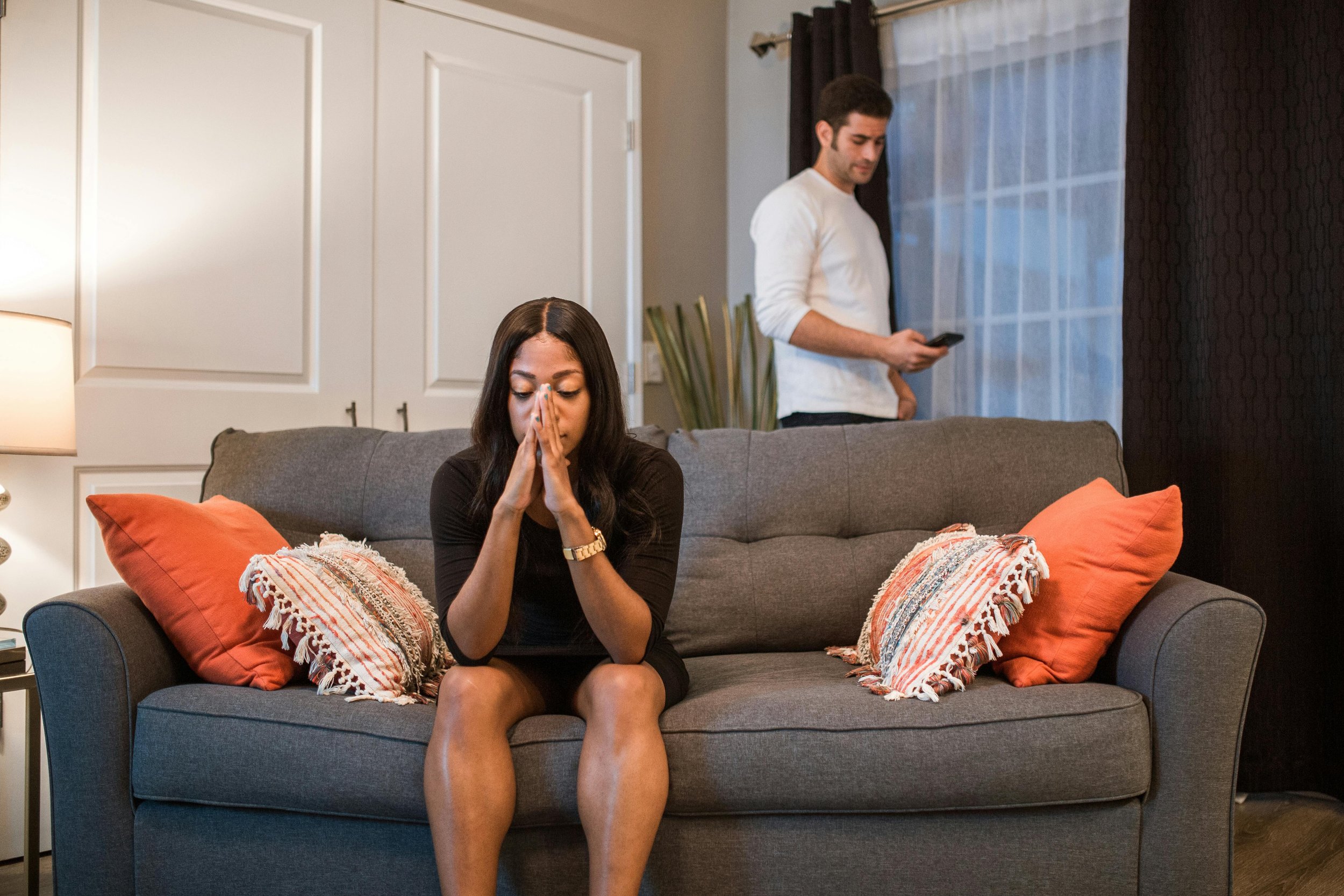
Entropy in Relationships — What is that?
Entropy in relational dynamics can be understood as the gradual breakdown of a relationship over time, especially if there is no effort to maintain or nurture it. Just as physical systems naturally move toward greater disorder, relationships—whether personal or professional—can become more disorganized or dysfunctional unless energy is put into maintaining communication, connection, and mutual understanding
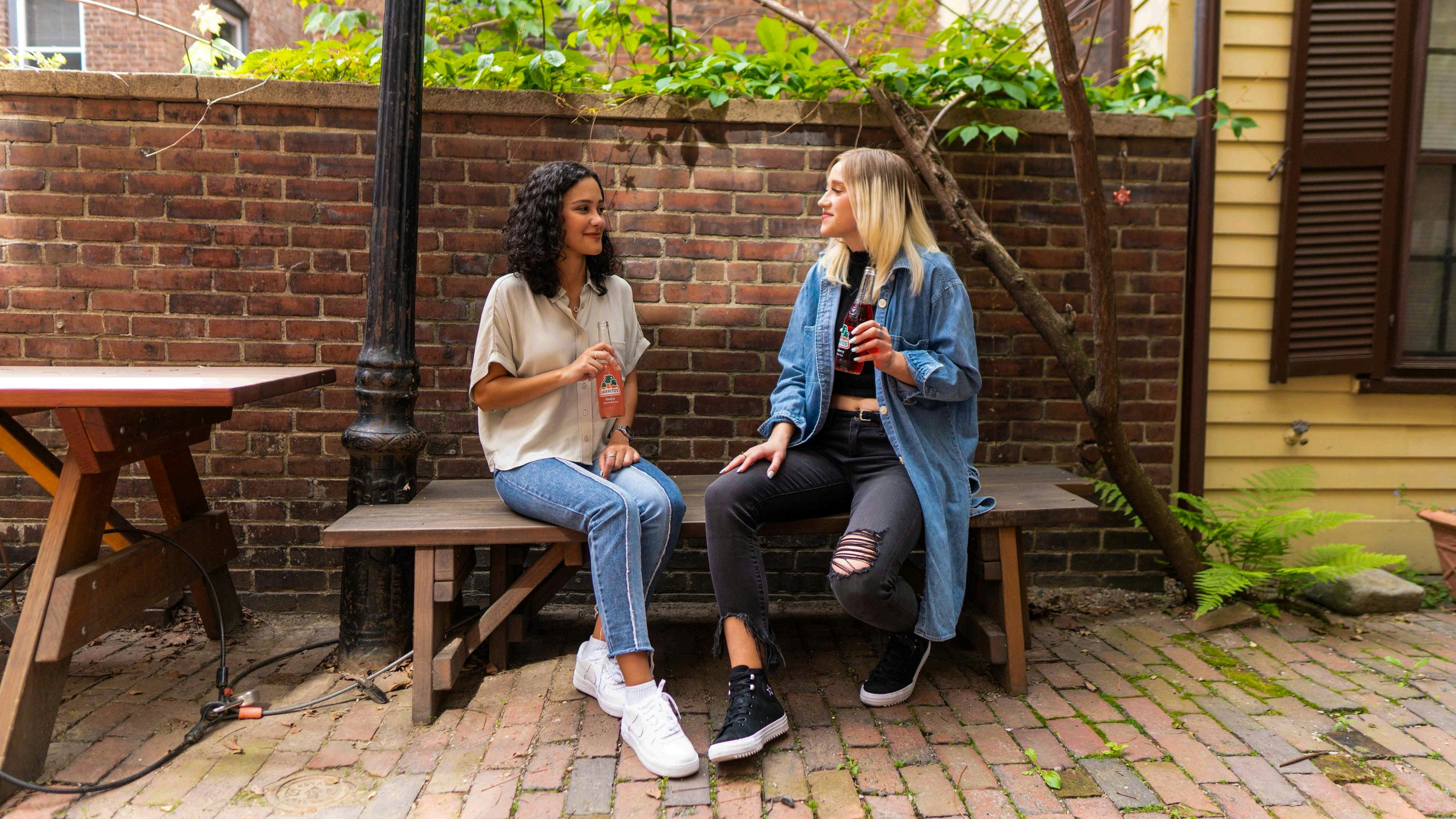
How to have Life-Affirming Conversations
I saw an IG live post from Adrienne Marie Brown talking about “soft spaces” which is more fitting sometimes than the traditional concept of “safe spaces.” Brown emphasizes that a soft space is one where we can be vulnerable, where we can share our true selves without fear of judgment. In our conversations about mental health, creating these soft spaces means fostering a space where people feel they can open up without hesitation. It’s about being genuinely present, listening with empathy, and ensuring that the person feels accepted for who they are.

Uh Oh, It's Election Season and the Holidays. I Don’t Like Any of This Sh*t. It’s Too Much. What Should I Do?
Here it is. Election season and the holidays are a toxic blend of stress and chaos. It’s a perfect storm of political ads, end-of-year pressures, and family gatherings that feel more like debates than celebrations. It’s hard enough to manage either one of these on its own, but together? Who can blame anyone for just sitting at home and watching all three seasons of Is It Cake? on Netflix. The worst part? There's no escaping it or anyone who wants to discuss it. Whether you're scrolling through your social media feed, trying to enjoy a quiet dinner or going to the grocery store…, it’s like the world is determined to drag you into the mess of thoughts and opinions on all of it.
So, what should we do when we our mental health is fraying, and there’s no way to just opt out? Here’s a few tips.

With the Fall Brings… Cuffing Season
The air is cooling and the leaves are turning that red/russet, golden yellow so is our collective mood toward dating. It’s cuffing season, that time of year when the prospect of cozy nights snuggled up next to someone seems infinitely more appealing than braving the cold solo. But before we all rush into the comforting arms of a new relationship (or situationship), let’s pause and think about what we’re getting into.

Are You About That Drama? Let’s Talk Drama at Work
We all know that one person who turns every small situation into an epic, season-finale-worthy drama. The real question is: could you be that person? Before you jump to any conclusions (and maybe throw shade), let’s break down a common framework that helps us understand the role we play in creating drama in both life and work using the Karpman Drama Triangle.

Did You Read What You Signed?
Do you read what you sign? Yes, I’m talking about that dense document that you get via email from the office when you are about to start with your therapist. That document that might look like a nightmare to read before your first therapy session? You know, the one filled with office policies, procedures, and an oddly specific cancellation policy. Don’t worry, we’ve all been there, skimming through the pages while nodding like we’re understanding everything when, in fact, we feel like ‘we got this’.
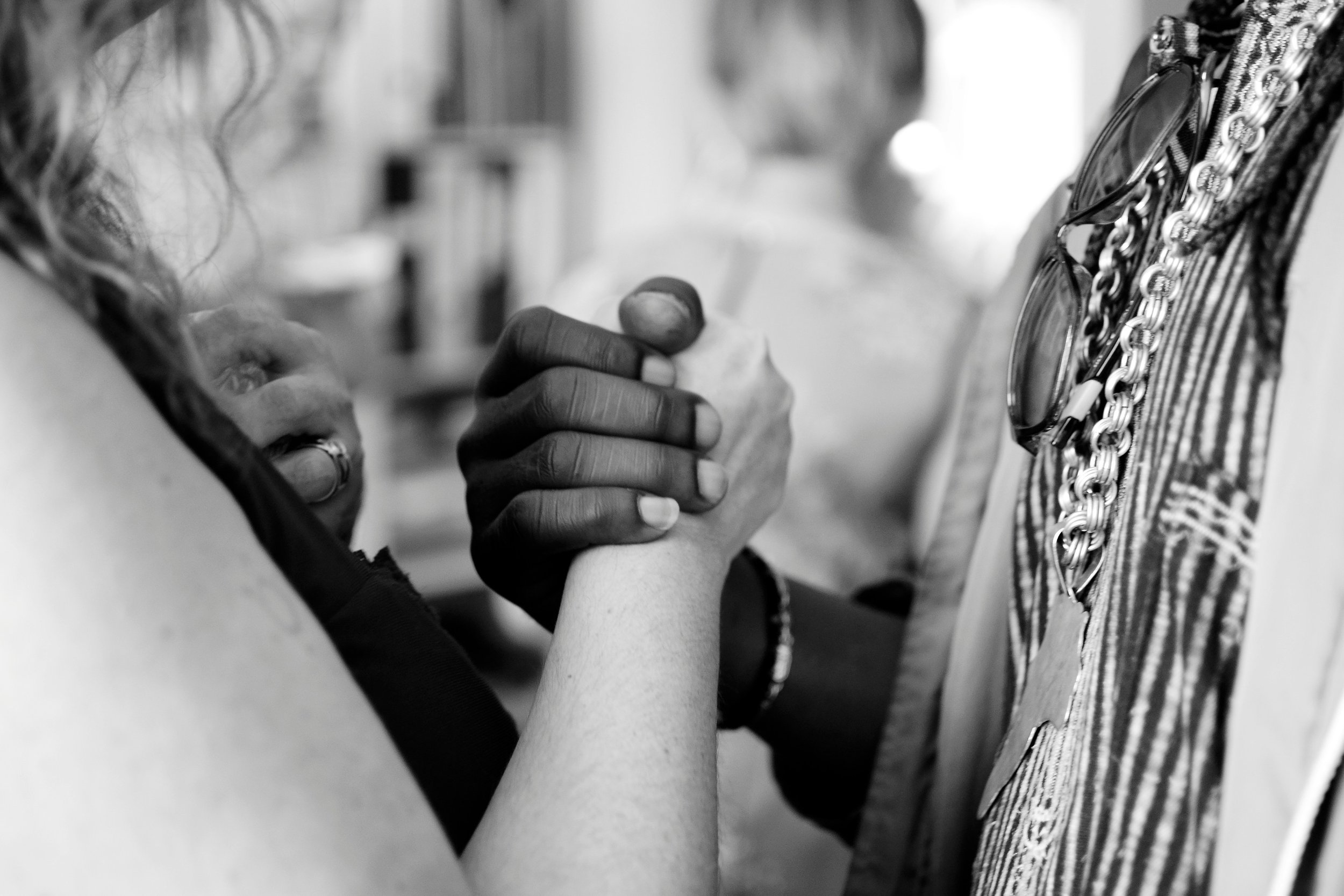
The Need for Collective Compassion: Reimagining Our Future Together
Self-compassion has become such a buzzword that it's easy to think that being kind toward ourselves is only a purely personal journey. We all talk about how self-care and self-love are the keys to happiness, and while these practices are important, they might not be enough on their own to feel relief. The truth is that to truly care for ourselves, we must look at how compassionate we are toward each other.

On Violence: An essay on the enduring challenge
Violence continues to permeate societies worldwide, leaving indelible marks on all of us. Its persistence has made it a central focus for scholars across various disciplines, particularly psychology and sociology, alongside news outlets and social media.

The Perils of Summer Love: Love Bombing & Gaslighting
I’ve been thinking about what it means to listen. Listening is a form of active engagement which I think is different from hearing. Hearing is physiological. Hearing is a passive and automatic sensory process. If we have the privilege to hear, we don’t control it. Listening is an active and intentional process. It involves paying conscious attention to the sounds we hear, interpreting them, and understanding their meaning. Listening requires focus, cognitive engagement, and often emotional involvement. It's a deliberate action that goes beyond mere auditory perception to include processing and comprehension. We don’t have to have the physiological function to hear in order to listen.

How Do You Listen?
I’ve been thinking about what it means to listen. Listening is a form of active engagement which I think is different from hearing. Hearing is physiological. Hearing is a passive and automatic sensory process. If we have the privilege to hear, we don’t control it. Listening is an active and intentional process. It involves paying conscious attention to the sounds we hear, interpreting them, and understanding their meaning. Listening requires focus, cognitive engagement, and often emotional involvement. It's a deliberate action that goes beyond mere auditory perception to include processing and comprehension. We don’t have to have the physiological function to hear in order to listen.

Are you using your child to get back at your ex? The Impact of Parental Alienation
Constance and Damian have recently gone through a bitter divorce. Constance feels deeply hurt by Damian's actions during their marriage, and though he wants to stay involved in their children's lives, Damian does not want to be married anymore. This is a blow to Constance, she thought things were going ok despite the challenges of raising two and the economic stress they’ve been under. Constance can't seem to move past her anger. She starts making it difficult for Damian to see the kids—canceling visits at the last minute, ignoring his calls, and speaking negatively about him in front of their children. As weeks turn into months, Damien notices that his son, Jake is becoming more distant, even protective of Constance. His younger daughter, Grace, seems confused. Constance’s unresolved anger is inadvertently causing emotional harm to their kids.

It’s Self-Care Month (designated by the World Health Organization in 2019).
Thanks WHO! Did you know the concept of self-care in the United States originated as a medical term in the 1950s for long term care patients? Later the ‘self care’ concept was adopted by activist groups during the civil rights movement as a way to manage the wear and tear on one’s body when on the front lines. BUT, if we take a moment and decenter western history around the concept, we can see that indigenous forepeople have been attuned to the needs for time for holistically caring for the body (and the planet, for that matter) as a collective responsibility for a community long before the concept was named and, now talked about by influencers. ( I mean, I remember my grandma talking about “resting her eyes”... can anyone else think of terms or phrases from elders that talked about ideas of rest?) Anyway…
